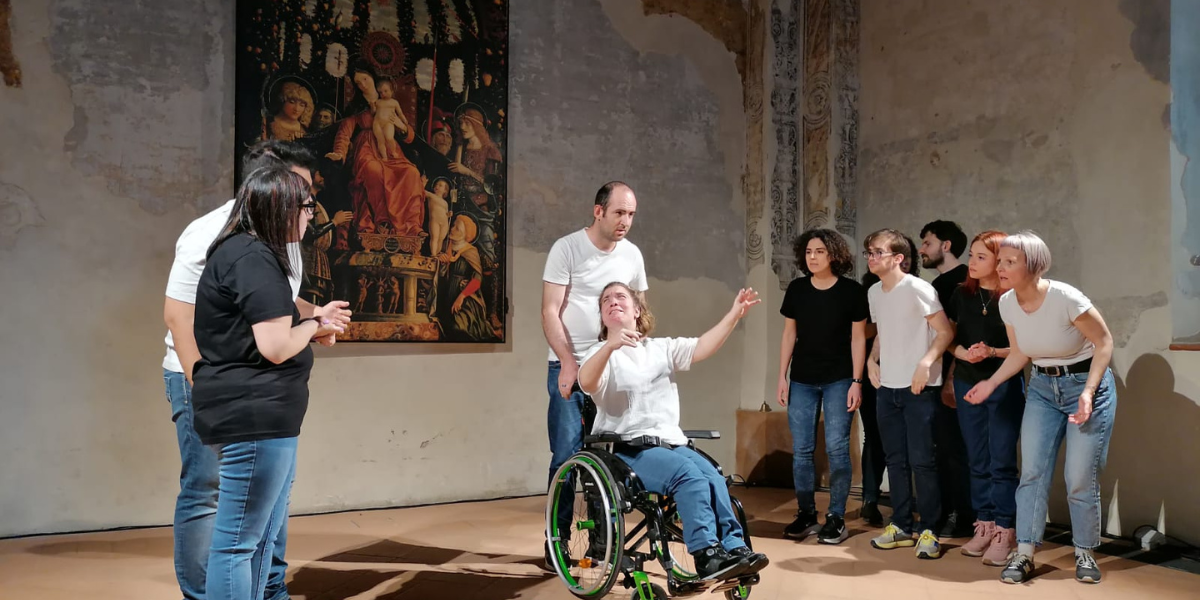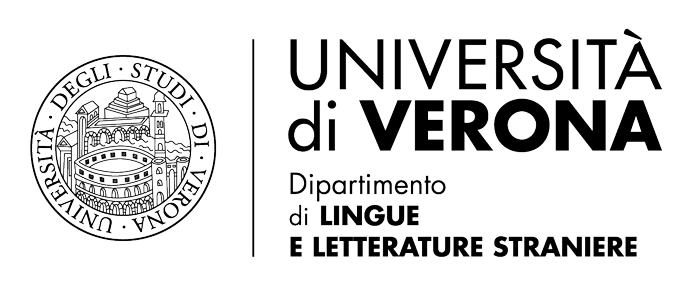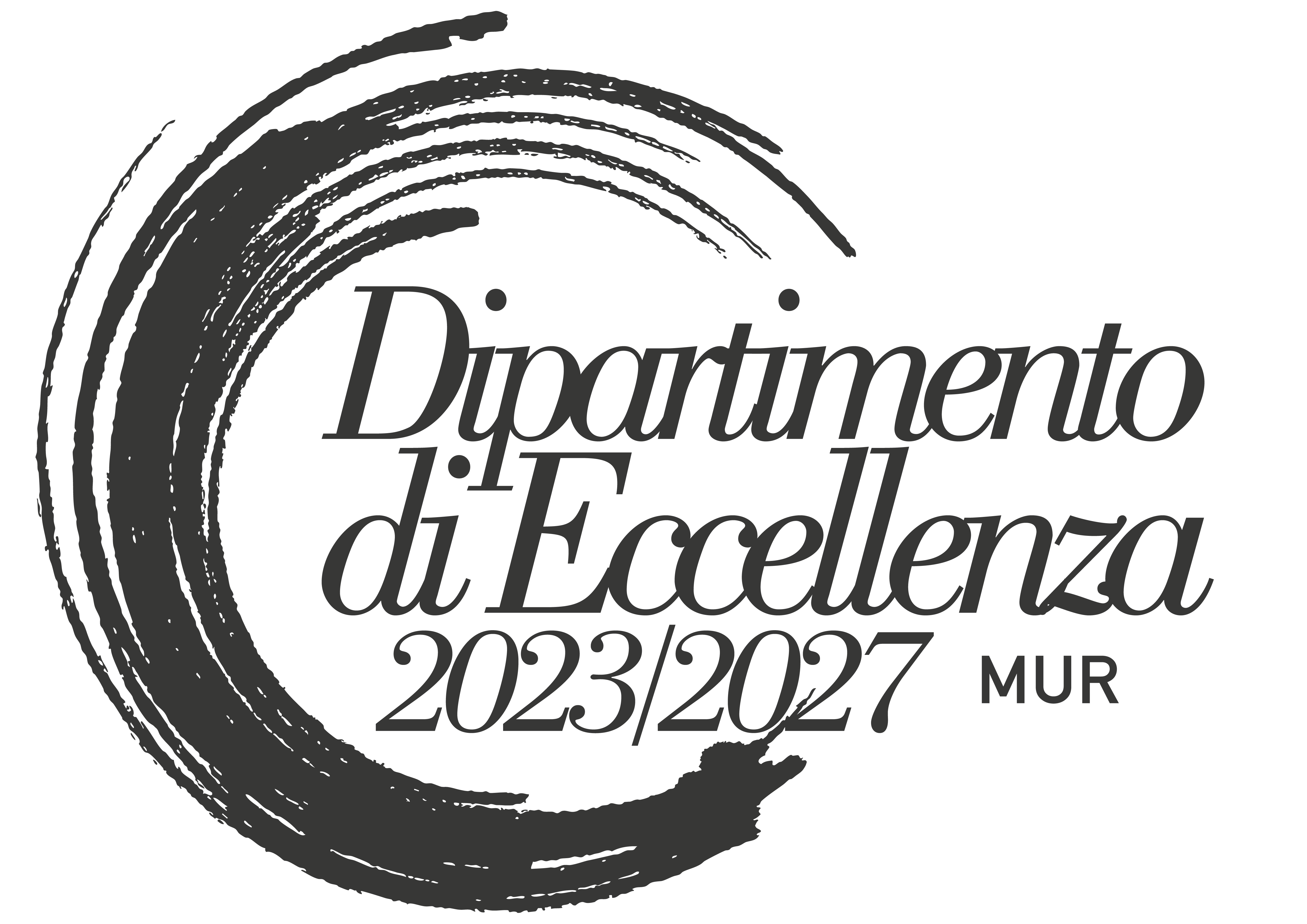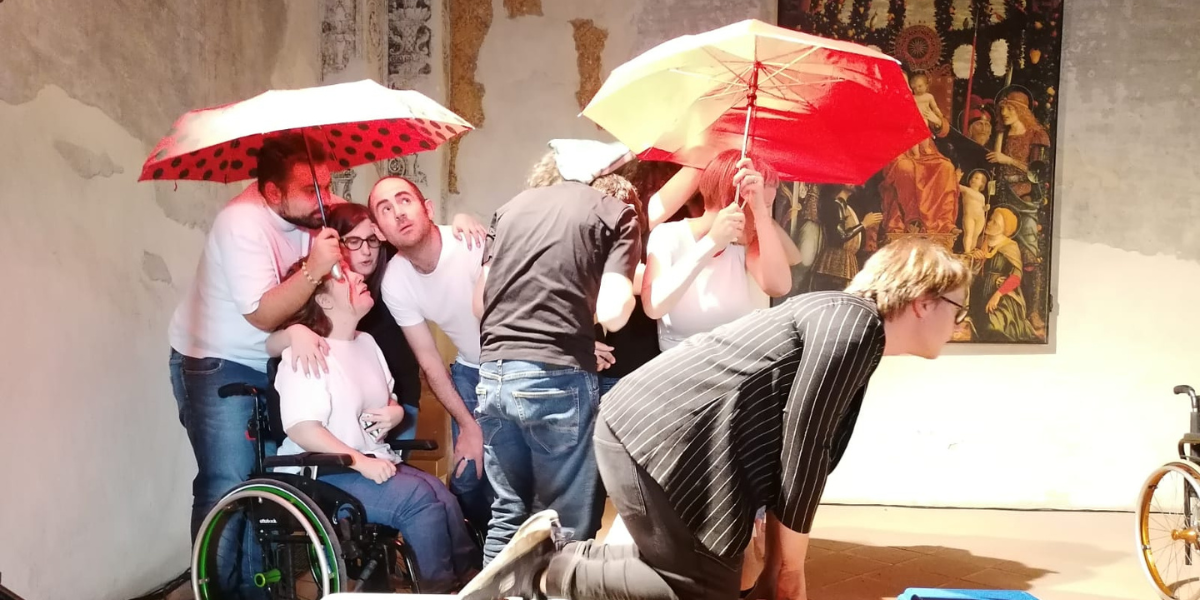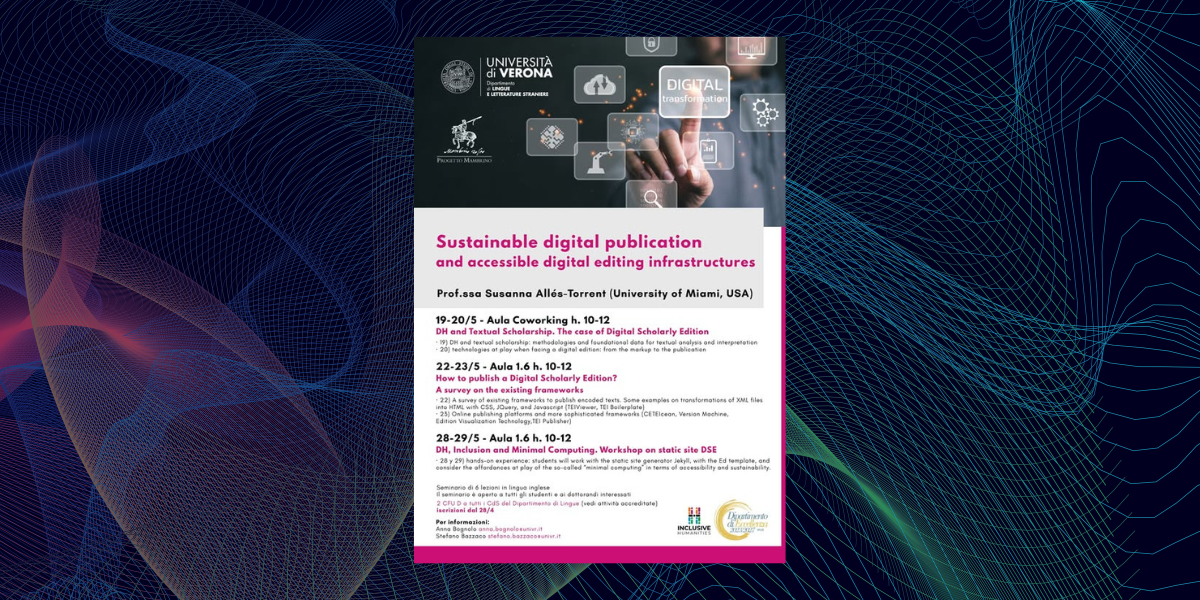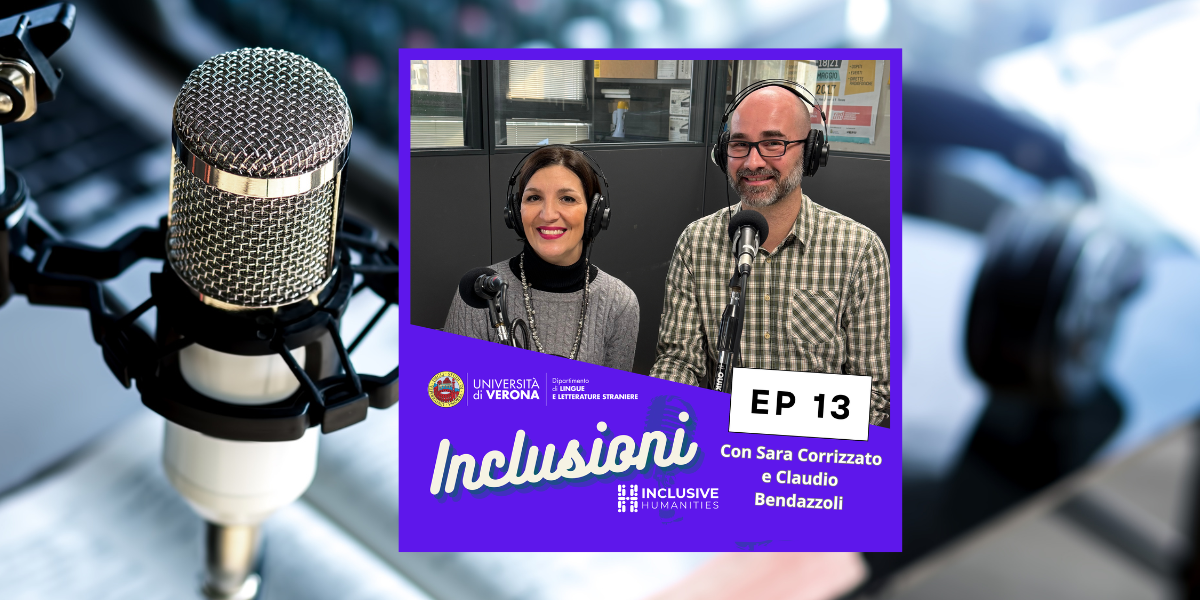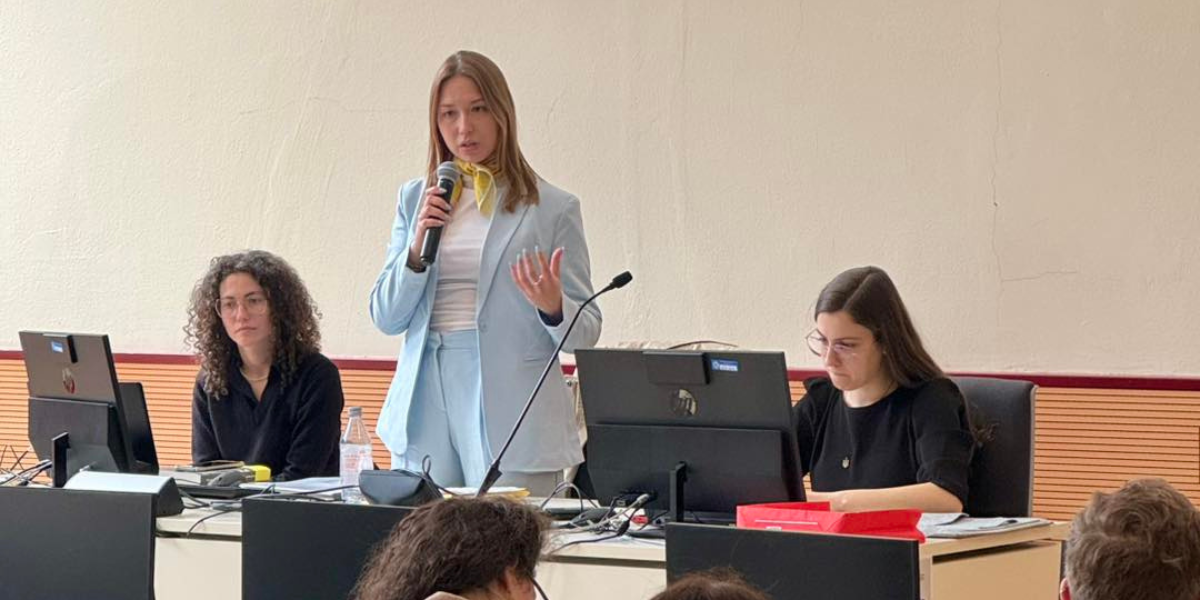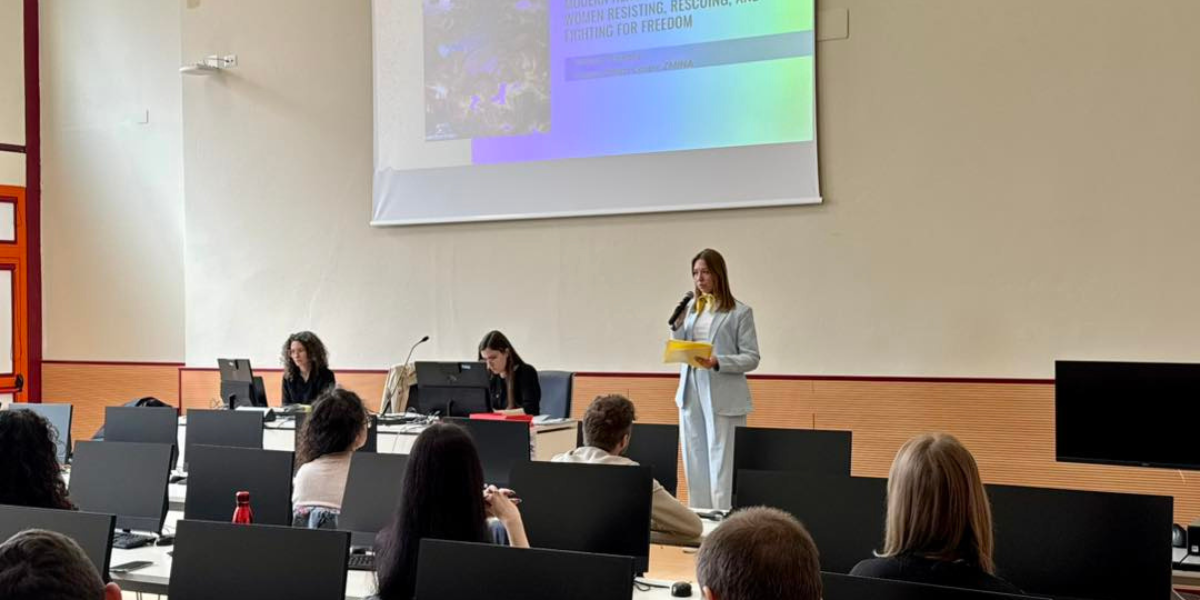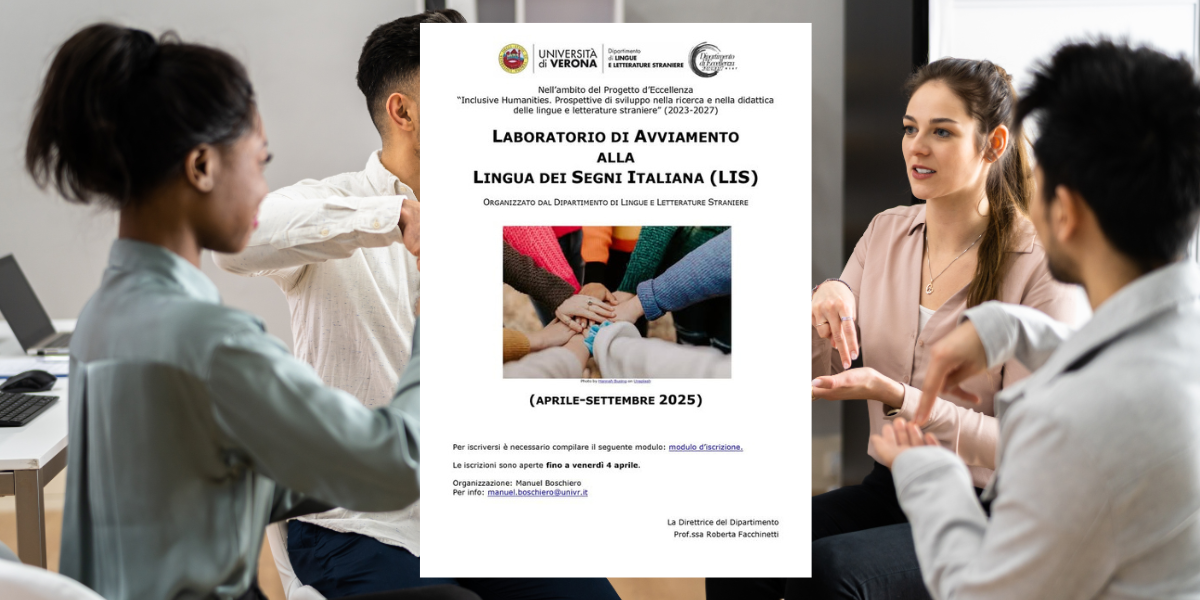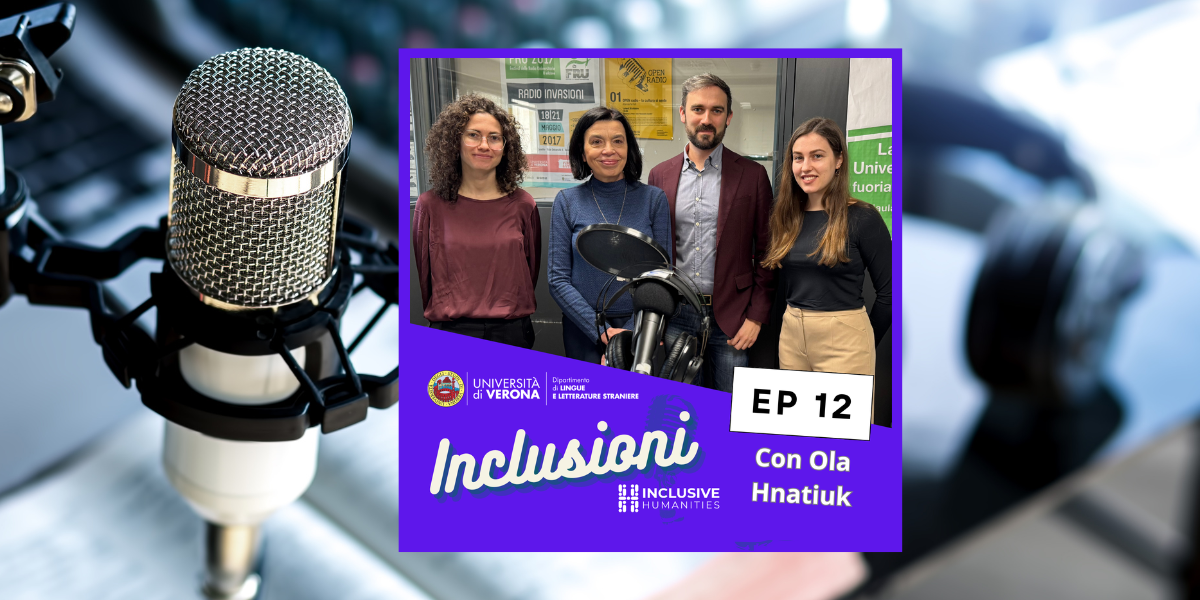The series of meetings Sustainable Digital Publication and Accessible Digital Editing Infrastructures will take place from Monday, May 19 to Thursday, May 29 with Professor Susanna Allés-Torrent from the University of Miami. This workshop focuses on Digital Scholarly Editions (DSE), with particular attention to inclusion and “minimal computing.”
DH AND TEXTUAL SCHOLARSHIP. THE CASE OF DIGITAL SCHOLARLY EDITION
Dates: May 19–20, 2025
Time: 10:00 a.m. – 12:00 p.m.
Location: Co-working Room
These sessions will explore the fundamental methodologies and data for textual analysis and interpretation within Digital Humanities. We will also discuss the technologies used in creating a digital edition, from markup to final publication.
HOW TO PUBLISH A DIGITAL SCHOLARLY EDITION? A SURVEY ON THE EXISTING FRAMEWORKS
Dates: May 22–23, 2025
Time: 10:00 a.m. – 12:00 p.m.
Location: Room 1.6
This session will provide an overview of the frameworks currently available for publishing encoded texts. Practical examples will be presented on transforming XML files into HTML using CSS, jQuery, and JavaScript (such as TEIViewer and TEI Boilerplate). More advanced online publishing platforms and frameworks will also be examined, including CETEIcean, Version Machine, Edition Visualization Technology, and TEI Publisher.
DH, INCLUSION AND MINIMAL COMPUTING. WORKSHOP ON STATIC SITE DSE
Dates: May 28–29, 2025
Time: 10:00 a.m. – 12:00 p.m.
Location: Room 1.6
This workshop will allow participants to work directly with the Jekyll static site generator and the Ed. template. It will also explore the potential of so-called “minimal computing” in terms of accessibility and sustainability, reflecting on how these practices can make digital editions more inclusive.
The six lectures, which will be held in English, are open to all students and interested PhD candidates. Students from all degree programs of the Department of Languages may receive 2 Type D ECTS credits with attendance of at least 75% of the sessions.
Registration opens on April 28, 2025.
